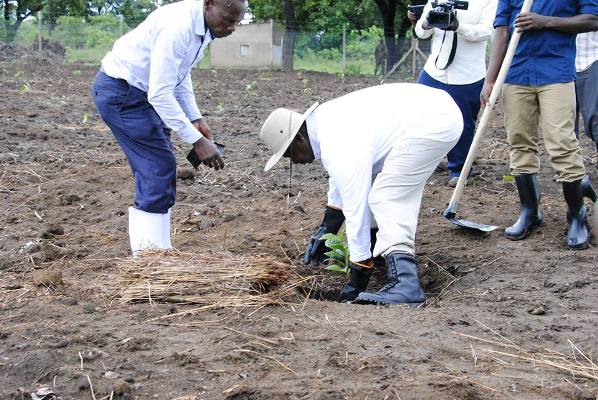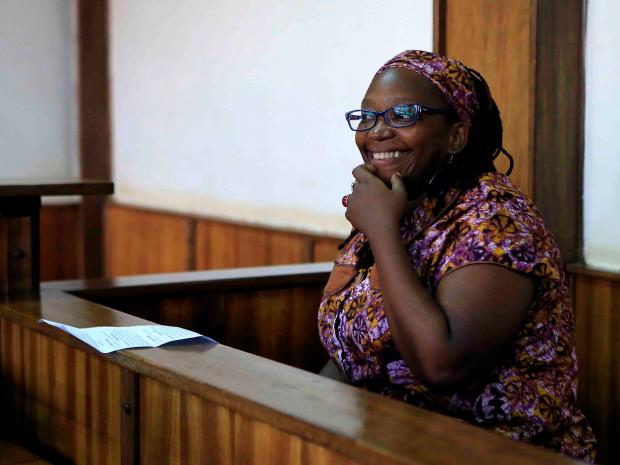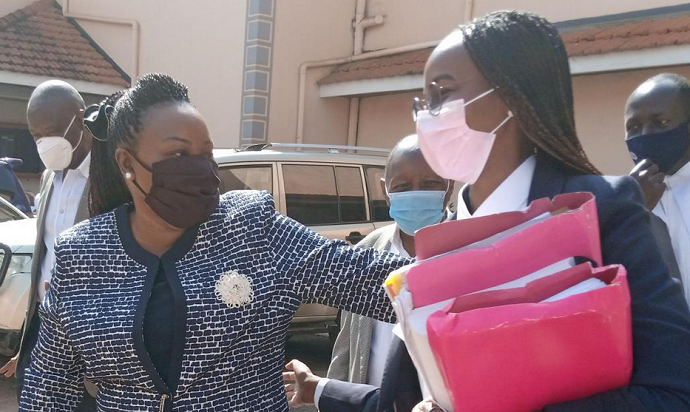President Yoweri Museveni has underscored the need to commercialize agriculture in order to bring more Ugandans into the money economy.
Delivering the 2018 State of the Nation Address for 2018 at the Uganda International Conference Centre, Serena, Kampala on Wednesday, Museveni said the 68% homesteads that are still in subsistence are a big source of poverty in Uganda.
“68% are not active in the economy and they are just by-standers. This has been one of the battles I have been fighting since 1966, for the last 52 years. I do not accept to live with neighbours that are stuck in poverty. I patiently educate them until they are able to join the gospel of wealth creation through production. I started the battle in the cattle corridor in 1966 ─ end of year,” Museveni said.
He added: “With my late colleague, Mwesigwa – Black, we sensitized the nomadic Banyankore as to the need to become sedentary and, later, join the dairy industry. This effort, by 1995, in spite of the 20 years interruption on account of the political chaos in the country, had succeeded beyond our wildest imagination.”
In Kiruhura district alone, Museveni said there are 6,000 dairy farmers, producing 800,000 litres of milk per day today.
The total production of milk in Uganda went from 200million litres to 2.5billion litres per annum, thereby liberating Uganda from depending on imported powdered milk and, actually, becoming an exporter of milk and milk products to the tune of US$130million per annum, he noted.
He noted that recently, on account of the laxity by the veterinary staff and also the carelessness of the farmers themselves, the problem of tick resistance to acaricides has come up.
He however said they will use science to defeat this problem.
“Having confirmed that villagers can be enlightened into becoming commercial farmers in the dairy sector, during the whole of 1995, I travelled throughout the country and preached the gospel of wealth-creation. Unfortunately, many leaders are never bothered with substance of leadership. They spend a lot of time on Public Relations (PR) and no time on substance. The PR is attending church services, weddings, burials, etc. In the end, however, real mobilization is helping the people to solve the problem of wealth creation, jobs, health, education for their children by directing them to wealth creation so that they can support the education of their children themselves, the infrastructure of roads and security,” he said.
He added: “Recently, I invited the Inter-religious Council to visit some areas that have woken up: Ibaanda, Kiruhuura, Kalungu and Masaka. They were able to see for themselves that poverty in the rural areas can be defeated. The Ibaanda, Kalungu and Masaka areas had relied on coffee to defeat poverty. Kiruhuura had relied on dairy. There are other areas like Bundibugyo that are, unfortunately, being disturbed by the artificial issue of identity (Bakonjo vs Baamba – Babwisi). Otherwise, through cocoa, palm oil, coffee, vanilla and up-land rice, that area was becoming very prosperous.”





